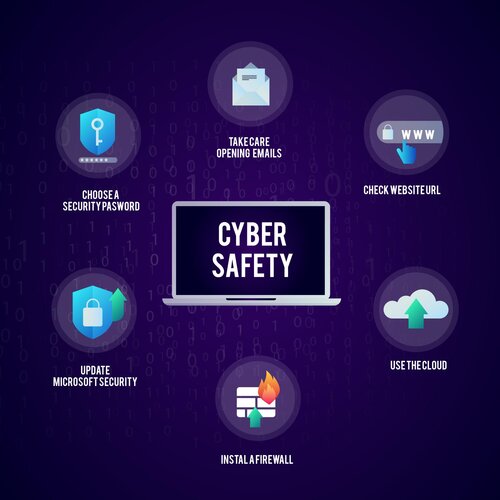Social Engineering Threats
Social engineering attacks have become increasingly sophisticated, capitalizing on human psychology to exploit individuals and organizations for financial gain or data theft. In this blog, we will delve into some of the latest and most prevalent social engineering tactics, including phishing, vishing, and smishing attacks, shedding light on how these techniques are evolving in the digital age.
Phishing, one of the most well-known social engineering tactics, has evolved beyond the classic email-based approach. Today, attackers craft convincing emails, imitating trusted sources like banks, social media, or e-commerce platforms, to lure recipients into clicking malicious links or downloading malware. Moreover, phishing attacks have expanded to other communication channels, such as instant messaging and social media. As a countermeasure, individuals and organizations should exercise caution and verify the authenticity of unsolicited messages, even from familiar sources, before taking any action.
Vishing, short for “voice phishing,” is a tactic where attackers use phone calls to deceive individuals into divulging sensitive information or performing actions that compromise their security. In some cases, attackers may impersonate authoritative figures like law enforcement, IT support, or bank representatives to manipulate victims into revealing confidential data. With the advent of voice-changing technology, vishing attacks have become even more convincing. To protect against vishing, individuals should be cautious when receiving unsolicited calls, especially if they request sensitive information. Always verify the caller’s identity before sharing any data.
Smishing, or SMS phishing, is another growing threat in the social engineering landscape. Attackers use text messages to trick recipients into clicking on malicious links or replying with sensitive information. These messages often masquerade as legitimate sources, making it easier for recipients to fall victim to the scam. Smishing attacks have been used to steal personal information, spread malware, or engage in financial fraud. To defend against smishing, individuals should be wary of unsolicited text messages, avoid clicking on links from unknown sources, and verify the authenticity of messages before taking any action.
In conclusion, social engineering attacks are becoming increasingly cunning and versatile. Attackers are leveraging new technologies and communication channels to deceive individuals and organizations. Staying informed about the latest social engineering tactics and practicing vigilance is essential in protecting against these deceptive threats. Remember, the first line of defense against social engineering is a well-informed and cautious individual.
Don’t wait until it’s too late to secure your SMB against cyber threats! Contact IT CyCo today and let us help you safeguard your business. Remember, “don’t drive yourself CyCo, we have IT” – your trusted partner in cybersecurity solutions for small and medium businesses. Get in touch now to fortify your defenses and keep your business safe and sound!


Leave a Reply